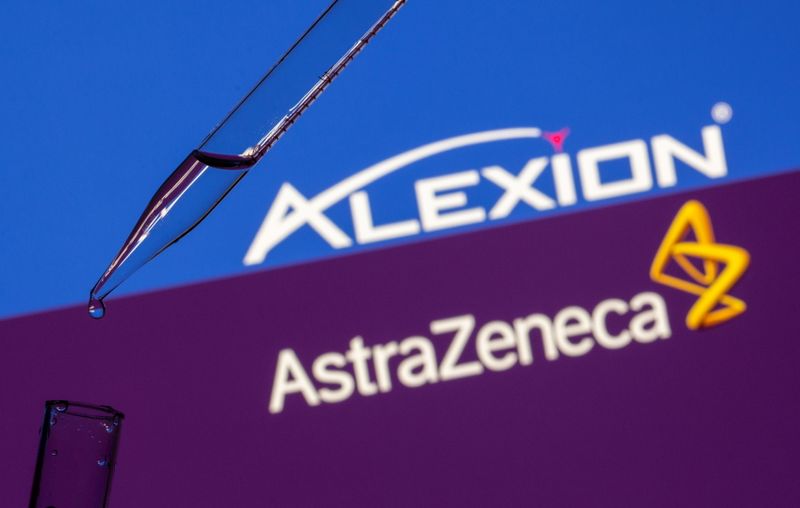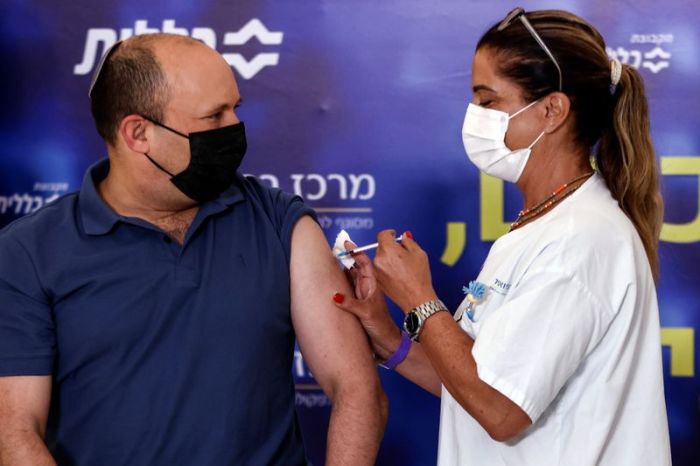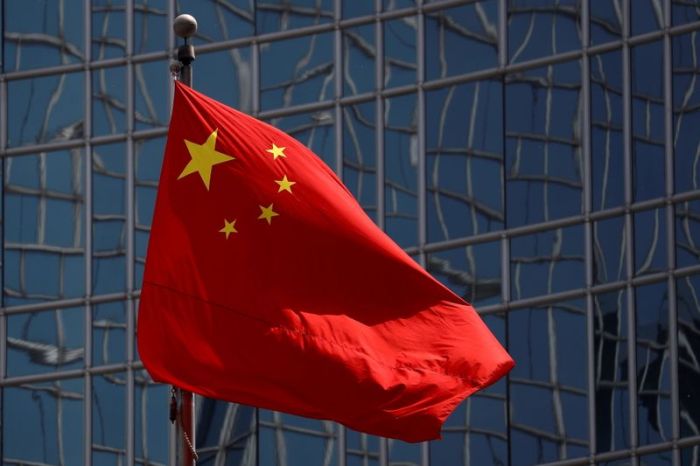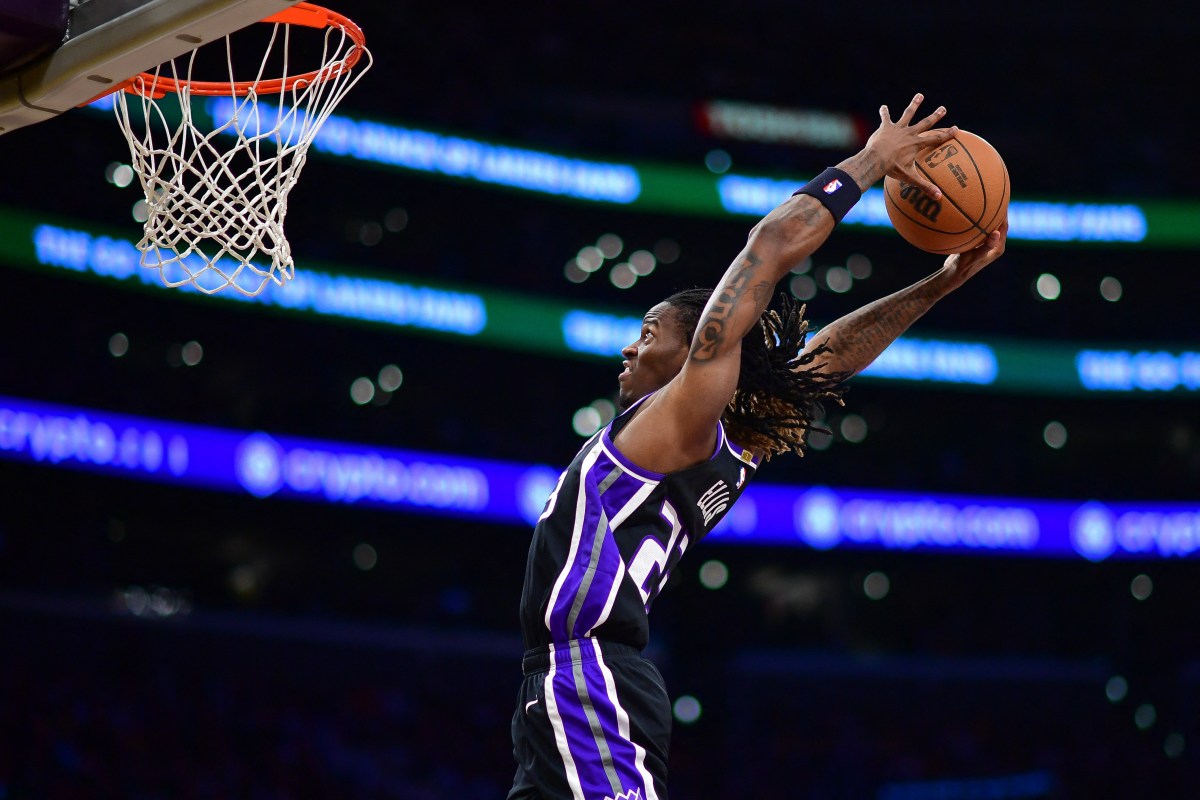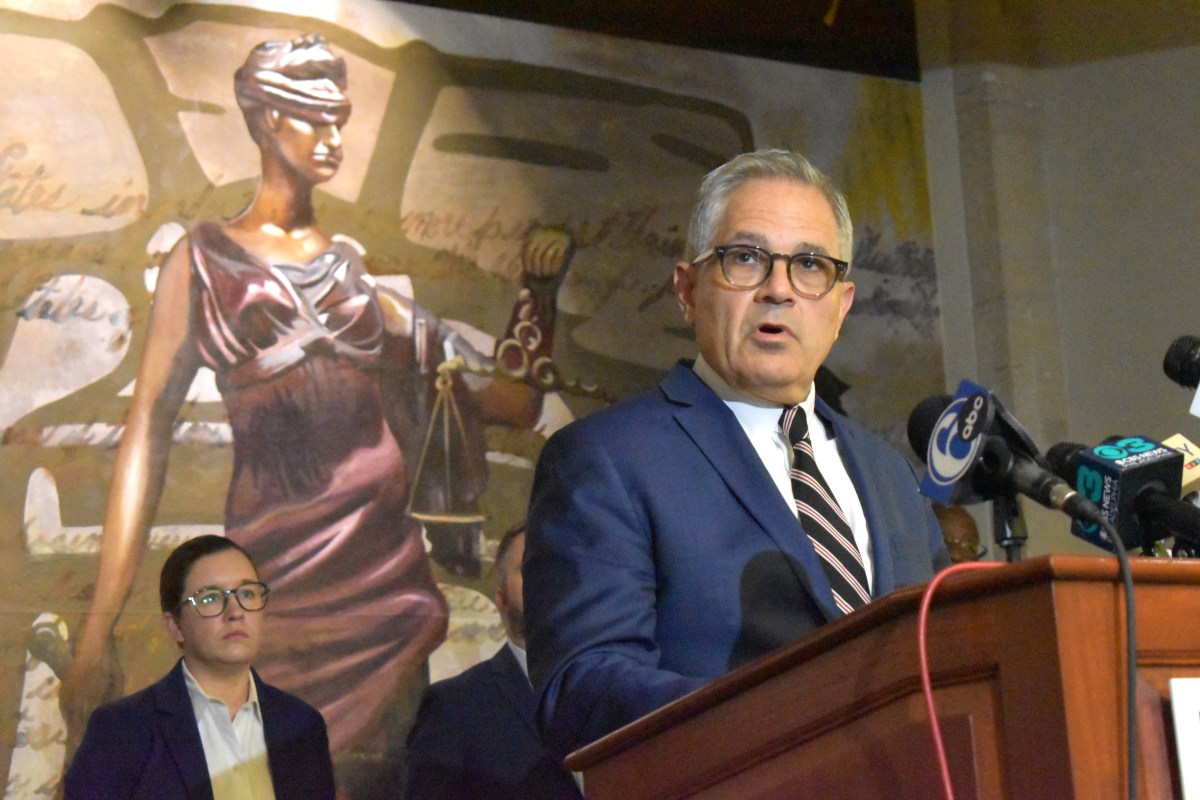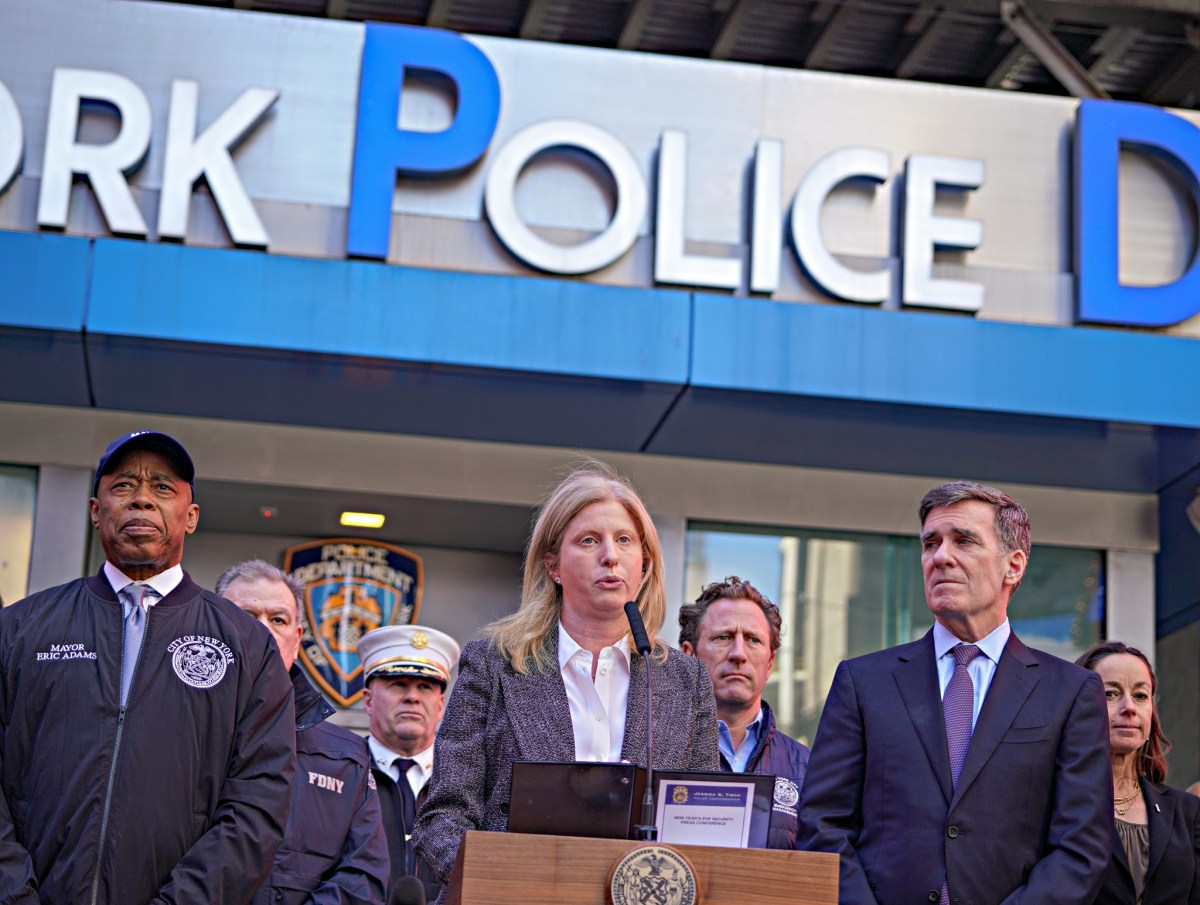(Reuters) -AstraZeneca’s Alexion division will stop developing a treatment for the neurological disorder ALS due to lack of efficacy in a late-stage trial, the British drugmaker said on Friday.
The halt follows a review of trial data by an independent panel and is a setback to efforts to find treatments for the rare disease, whose sufferers included late British physicist Stephen Hawking.
For AstraZeneca, which closed its $39 billion buyout of U.S. rare diseases specialist Alexion last month, the drug – branded Ultomiris – could have fetched peak annual sales of $1 billion-$4 billion for ALS and two other disorders, Shore Capital analyst Adam Barker said.
“Failure in ALS does impact that number,” Barker said, noting that Ultomiris was already approved for two other conditions and AstraZeneca had “plenty of pipeline optionality within Alexion to offset clinical trial failures.”
ALS, whose cause is largely unknown, weakens muscles and causes nerve cells in the brain and spinal cord to break down, affecting physical function and leading to severe disability and death.
It garnered international attention when New York Yankees player Lou Gehrig abruptly retired from baseball in 1939 after being diagnosed with ALS. The “Ice Bucket Challenge”, which involved people filming themselves pouring ice-cold water over their heads as a way to raise awareness for ALS, brought the disorder back in the spotlight in 2014.
“We are disappointed by this outcome and what it means for patients with this devastating disease,” Alexion’s head of development and safety, Gianluca Pirozzi, said in a statement.
Roughly 12,000 to 15,000 Americans may have ALS, according to the U.S. Centers for Disease Control and Prevention. An estimated 5%-10% of ALS cases are believed to be hereditary.
There are no treatments for the underlying cause of the disease, and current therapy focuses on slowing the progression of symptoms.
AstraZeneca shares were down 0.6% by 1130 GMT on the London Stock Exchange.
(Reporting by Yadarisa Shabong in Bengaluru; Additional reporting by Ankur Banerjee and Aditi Sebastian; Editing by Krishna Chandra Eluri, Sherry Jacob-Phillips and Steve Orlofsky)

